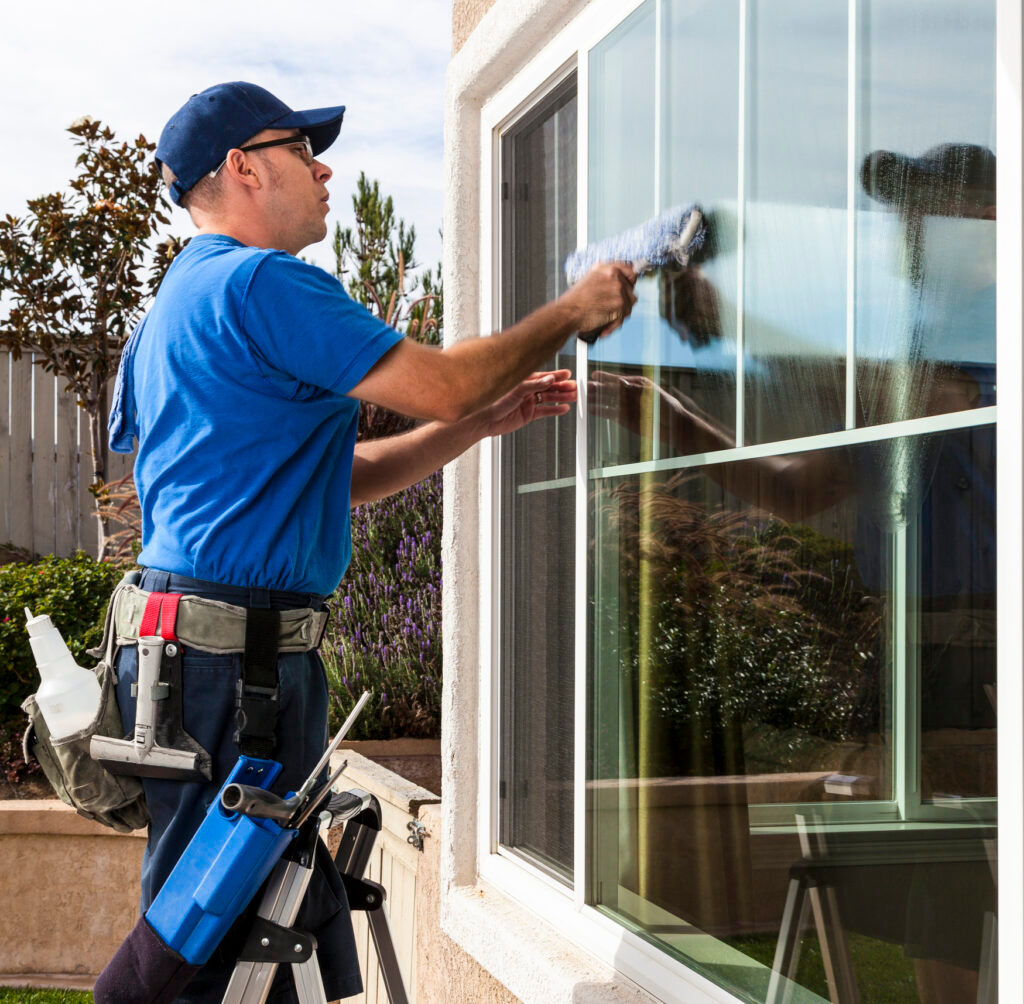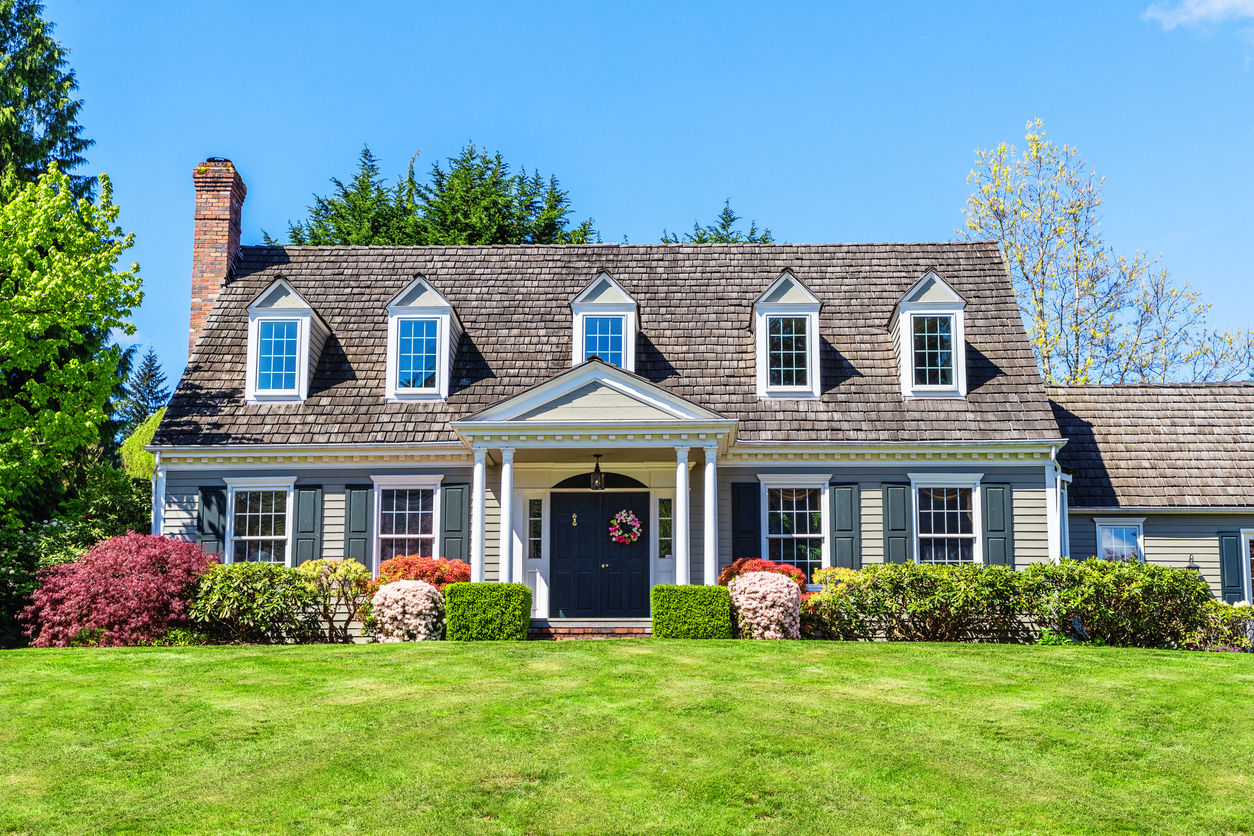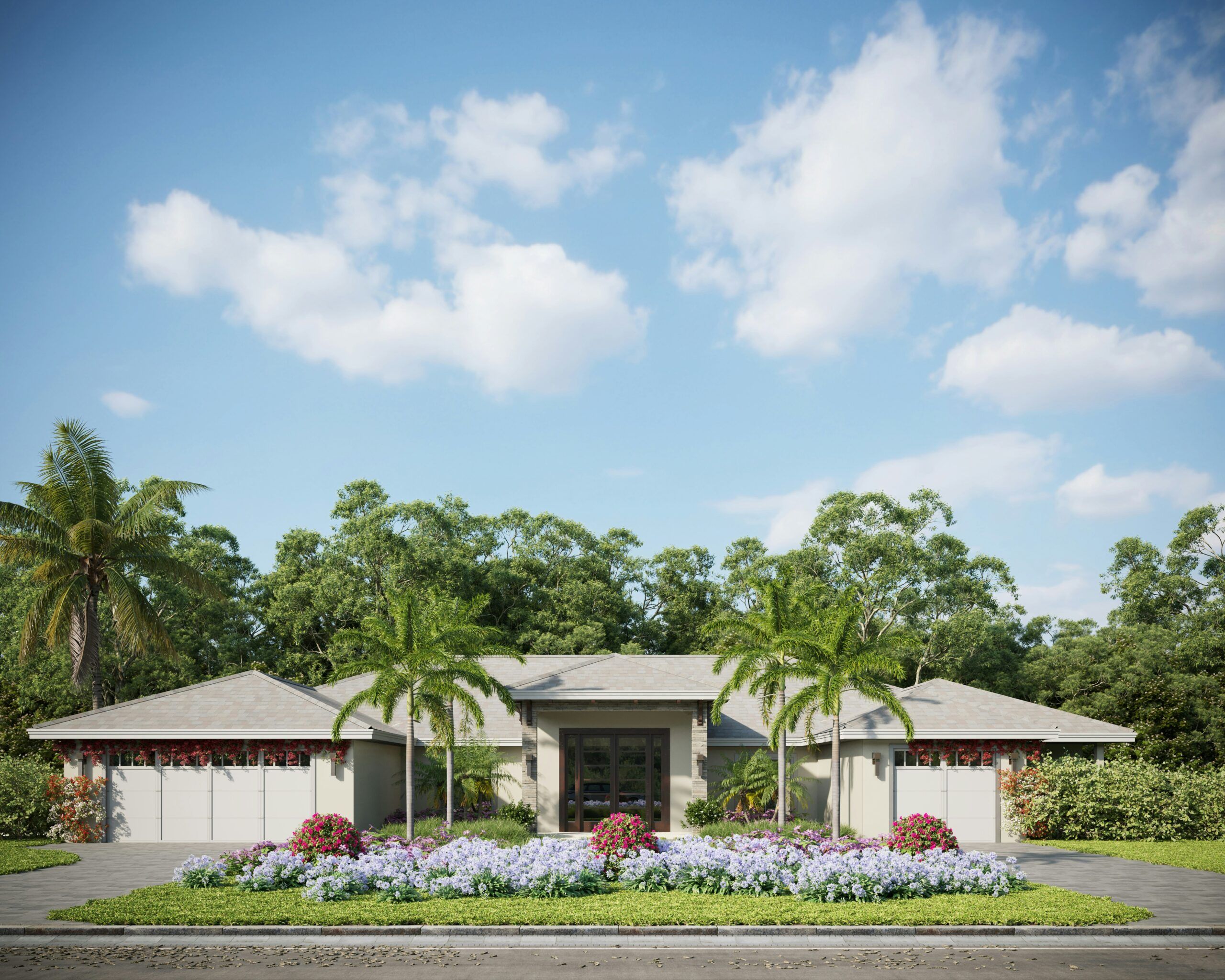Don’t Become House Poor! Buy a Home Within Your Budget
Click here to browse our Real Estate Agent Directory and contact top-rated agents in your area!

Remember when interest rates dropped to 2%, and the real estate market went into a frenzy? It was a homebuying extravaganza. You could sell your house at a high price and move into your dream home, locking in a low mortgage rate. Many people were surprised to find how far their dollars stretched to buy a home within their budget.
However, with the rise in interest rates, the power of the dollar has shrunk. While you may have been able to afford a $500K home a year or two years ago, with the higher interest rates, that may not be true today.
It’s critical to examine your finances before buying a new home. Buying a home beyond your budget could have a devasting impact.
Before you make a move, have you considered the long-term effects on your finances? Have you budgeted for unexpected expenses? Today, we’ll explore the expense of home ownership, what to consider beyond your budget and the importance of buying within your budget.
Prioritize Affordability
When buying a home, it all comes down to affordability. Most potential home buyers get pre-qualified for a specific amount of money. While it can be helpful to know your maximum loan amount, it can also be deceiving.
The bank doesn’t know how much you love your daily latte or what you actually spend each month on personal enjoyment. It’s critical to examine your pre-approved loan amount through the realistic lens of your actual spending. If you’re not currently keeping a budget, it’s time to start.
Once you get a handle on your actual monthly spending, you can reanalyze your pre-approved loan to determine if you can afford the monthly mortgage payments.
In addition, new homes come with numerous, often unexpected, costs. Buying a home that you can definitively afford, allows for a cushion when the unanticipated occurs.
Many people that follow what the market does will end up falling into foreclosure because they didn’t evaluate their personal finances and extra expenses.
In 2022, there were 324,237 foreclosures. In addition, there were 387,721 bankruptcies filed in 2022. To avoid becoming one of these statistics, it is essential to examine your budget and purchase a home you can safely afford.
Prepare for Expenses Beyond Mortgage Payments
When examining your current budget versus your potential “new home” budget, you must evaluate and be prepared for the home expenses beyond your mortgage payment.
You might be pre-qualified for a new home and excitedly get all your finances together for your monthly mortgage payment. As of right now, your finances look perfect and locked in. You can afford that monthly payment with no issues. But did you make sure all your other bills were covered? Are you prepared for any extra mishaps?
When planning your budget, consider these potential additional costs:
Mortgage Insurance:
Mortgage insurance is dependent on your downpayment. Typically, if your down payment is less than 20% of the purchase price of the home, you will need Private Mortgage Insurance (PMI). This additional payment, on top of your mortgage payment, protects the lender from more risky borrowers. Your lender needs to be protected if you stop making payments.
The amount you will pay each month is different for every person, and it is dependent on how much money you are putting in your initial payment of the house, the downpayment. The less money you put down, the more money you pay towards PMI.
>>Everything You Need to Know About Private Mortgage Insurance

Maintenance and Repairs:
Whether or not you bought a home that needed immediate renovation, every home requires repair at some point. Repairs come at a price, whether the homeowner completes the repairs themselves or pays someone to do their own repairs. Whether you DIY or you pay someone, you’re still paying for it.
Homes also require continual maintenance. It’s a good idea to budget each month for maintenance costs. If there’s a month that requires less maintenance, save that money for larger expenses, such as HVAC upkeep.
Pro-tip, if you get an inspection done and the seller credits you for any repairs needed on that home, save that money. You will never regret having a financial cushion for the unexpected.
HOA Fees:
Homeowner Association (HOA) fees are charges to owners for the maintenance and upkeep of common areas. The nicer the community, the higher the rates. In addition, HOA fees vary between single-family houses and condominiums.
Also, be mindful of the strictness of the HOA that you’re joining. If you are a part of an HOA with very particular rules, be aware of the potential cost of violations. In addition, if you don’t take care of that violation, it also comes at a price. If you have enough violations without payments you’re looking at foreclosure.
Extra and Unexpected Expenses:
As if your mortgage insurance, repairs, and HOA fees weren’t enough to tack on to monthly expenses, you need to be prepared for the extras and unexpected.
If you have extras like a pool, be prepared to pay monthly or even weekly for that. If you live in an area where pests are a problem, you’ll want to pay for pest control to get rid of the creepy crawlies!
In addition, there are extra expenses based on your capability and desire to care for your home. Consider the cost of lawn care or house cleaners when moving to a new home. Some of these things you don’t have or even think to have yet, but then you get a new home, and it all changes.
What else could come up? A ton!
Every home, whether new or old, will have unexpected expenses. From water leaking to a broken refrigerator, it is essential for homeowners to have a safety net to pay for the unexpected.
Consider Your Lifestyle and Personal Expenses
Now that you’ve figured out all your home expenses, you’re feeling pretty confident. This home-buying process is a breeze. Home expenses are covered. Check, I’m ready to buy. However, you need to consider your lifestyle.
Before buying, be meticulous and track your food, gas, personal items, hobbies, and extra bills. All these expenses are still a part of your finances that you need to consider when buying.
Daily Living Costs:
The average person spends about $164 dollars a day. Now say you aren’t so average and maybe spend a little more or less. That is still roughly $1200 a week. Are you able to fit that into your budget with the costs of a new home?
Family and Hobbies:
Are you taking any family vacations? Do you like to get your hair or nails done? On top of daily living costs, these are extra costs to consider. The real question to consider is, are you able to budget and save to afford these extras?
It’s important to be realistic with your expenditures. Don’t kid yourself into thinking you can cut out that addicting latte. Before buying a new home, try to cut back on your expenses to see if it is truly possible.
Homeowners Insurance and Warranties:
No matter what, all homeowners must pay for homeowners insurance. Depending on where you live, there may be extra coverage they want you to have. If you live in an area prone to flooding, earthquakes, or have a home business, you may be required to have additional home insurance coverage beyond the basic.
Keep in mind that everyday wear/tear, and home neglect are some things insurance won’t cover.
The Pitfalls of Overreaching
We’ve gone over most scenarios that could come up on top of just paying for your monthly mortgage. That’s quite a bit of extra money you’re going to need.
Did you think about any of those extra expenses when you saw the loan amount that you got approved for? Remember, there’s a huge difference between approval and affordability.
Being able to buy a house because you have the money and the actual ability to afford the home can be vastly different. Think about it. You can buy the home because you have the money. But after all the expenses, can you afford the home?
Limited Financial Flexibility:
If, after purchasing your home, your budget is so tight that you cannot afford to modify the budget, you’re on the edge of financial trouble. While edge doesn’t mean off the cliff, it is a tricky position to be in.
It’s essential to buy or sell based on your finances for the next five years. If you can afford whatever is happening now, with economic changes, inflation, and predicted costs, you should be able to afford financially what happens for the next five years and on.
Buy an affordable home within a budget that can flex, and you’ll find freedom.

Potential Stress and Strain:
Buying a home comes with stress and strain. The initial process of finding a home, signing, actually moving, and the massive expenditure all bring stress.
When you are looking at your expenses, and figuring out the price of a home you can buy, save yourself the stress and strain by getting all these things together beforehand. Make a list. Remember, there are always items you can cross off and pick back up later, especially if your heart is sold on choosing a higher-priced home over your personal expenses.
Keep in mind that financial stress is a top reason for relational disagreements. Prioritize people over possession to avoid the pressure that financial trouble brings.
Unforeseen Life Events:
Things happen to us that we never thought would happen. Job loss, health issues, and other emergencies can create additional financial burdens. By ensuring that your housing expenses are manageable, you will be able to navigate these unexpected and difficult events better.
The Uncertainty of Future Expenses
No one can determine when the economy will get better or worse. The prices of goods, homes, or living, in general, will keep increasing at an unknown rate.
As you look towards the future, it’s advisable to plan your expenses for a time frame of five years. While five years is debatable, it is a suitable time frame. As you plan your expenses, it’s better to be prepared for the uncertain rather than be unprepared.
Create a budget that allows you to save each month for unplanned expenses or to have a safety net to fall back on when expenses change.
Market Fluctuations:
The cost of having a home has increased significantly, whether you’re owning or renting. Not only have home values increased, but the cost of maintaining a home has increased sharply. Taxes have risen, along with the cost of utilities and maintenance.
The market is always a balancing act of supply and demand. If you’re trying to chase the market to buy a home at the perfect time, you may be disappointed.
When the price of homes is dropping, oftentimes, people think it is a good time to buy. However, there are so many factors as to why a home is priced so low at the right time. Base it on your finances, personal values, and what you can afford in the now and future.
Rising Costs of Living:
Homes prices are rising, as well as everything on the shelves. This is why you have to look at all factors when buying a home. Examine all your extra, personal, and mortgage expenses as one. Be prepared for rising property taxes, increased food costs, and overall higher prices.
Lifestyle Changes:
Going back to the stress and strain of buying a home. If you are considering moving, and are going for the top dollar approval, make sure you’re considering all aspects of that move, including your lifestyle. You need to determine if there are expenditures you can cut out and pick back up later to get the home you want.
In addition, consider if you’ll be adding costs to your life. If you’re planning to expand your family, get a new pet, or have a fitness goal, you will want to account for that in your future expenses.
Make a Move That You Can Afford
Making a move is a significant decision that impacts both your financial and mental well-being. Seek guidance from professionals to ensure you have the right support to navigate the real estate journey successfully. It’s critical to buy a home within your budget.
By making informed decisions and considering the long-term implications, you can find a home that fits your budget and lifestyle, providing a solid foundation for your future.





